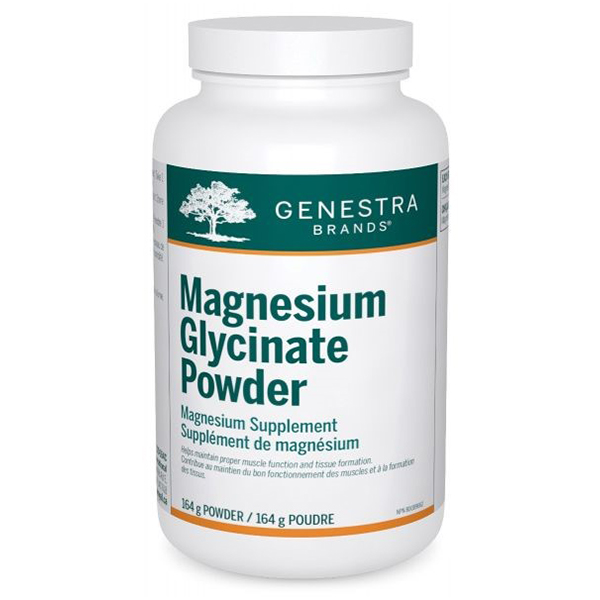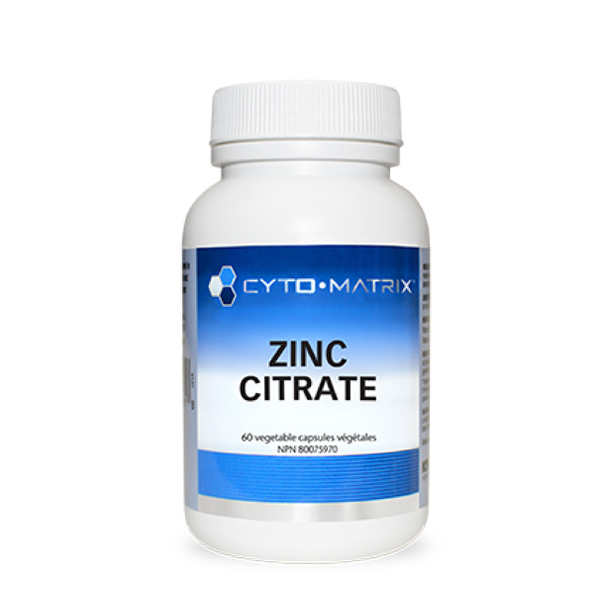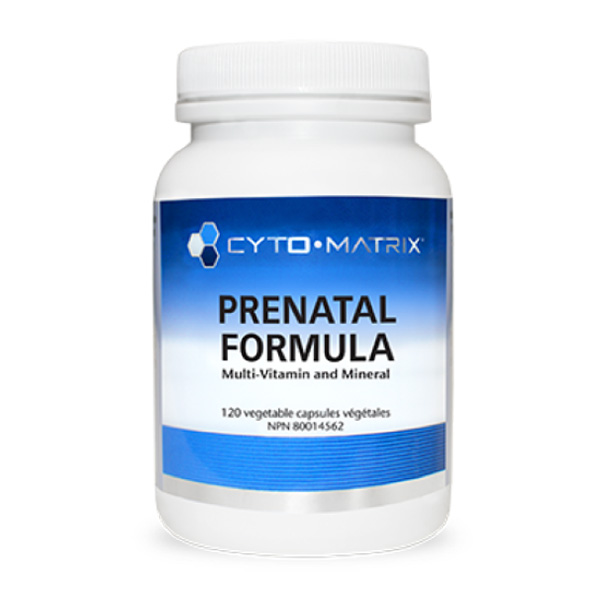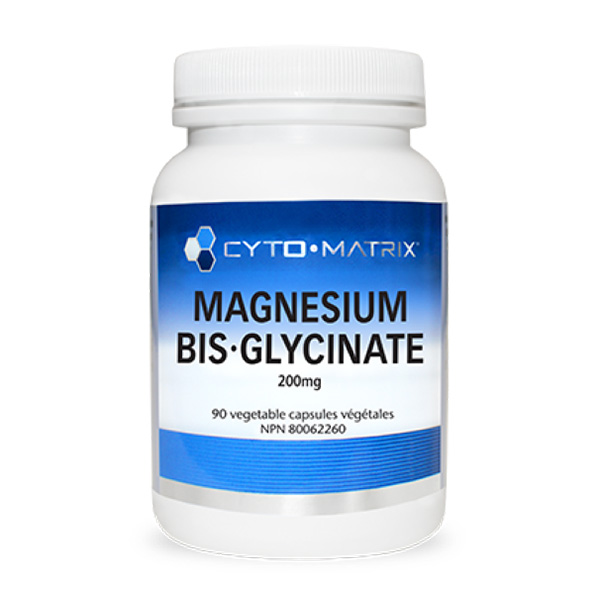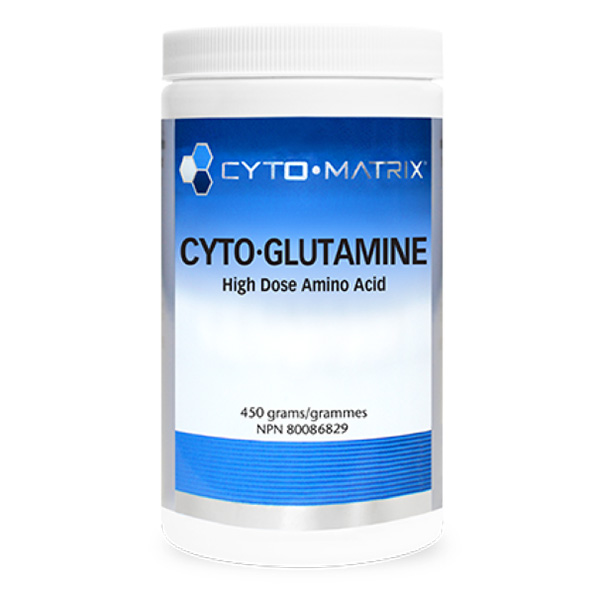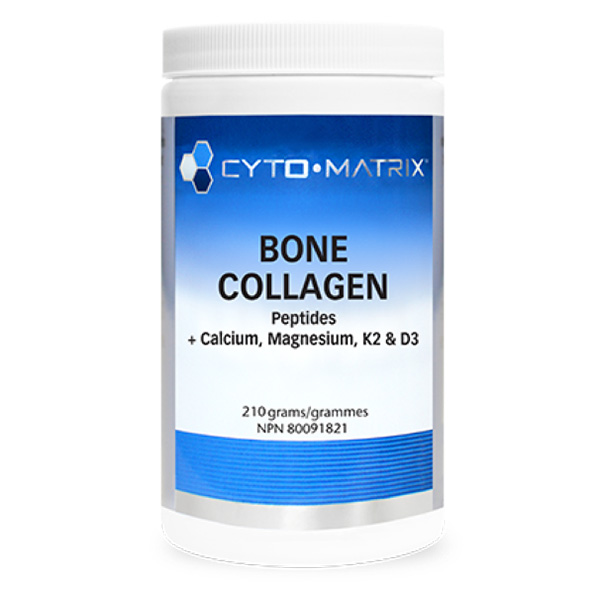Genestra – Magnesium Glycinate Powder
$39.00
![]() Dairy Free
Dairy Free ![]() Gluten Free
Gluten Free ![]() GMO Free
GMO Free ![]() Vegan
Vegan
Magnesium glycinate in a convenient powder
- Provides a gentle form of magnesium that is less likely to cause loose stools1,2
- Helps to maintain proper muscle function, including the heart muscle
- Supports nutrient and energy metabolism
- Aids in the development and maintenance of bones and teeth
- Offers 205 mg of magnesium per scoop
Magnesium is a cofactor in over 300 metabolic reactions. It is involved in the maintenance of muscle function, nutrient metabolism and muscle contraction, among several other important physiological roles.3 Magnesium helps to maintain bone health by regulating the production of parathyroid hormone (PTH) and calcitriol, which helps to increase calcium absorption and minimize risk of calcium deficiency.4,5 In Canada, insufficient magnesium intake is estimated to occur in more than one-third of adolescents and adults, with even higher levels of insufficient intake in elderly individuals.6,7 Magnesium glycinate (also known as magnesium bisglycinate) is a highly water-soluble amino acid chelate of magnesium and two glycine molecules. Clinical evidence indicates that magnesium glycinate has a significantly higher bioavailability than magnesium oxide, and is less likely to cause a laxative effect.1,2 Supplementation with magnesium glycinate has been shown to decrease the severity of muscle cramping.2 In a clinical trial of 86 healthy pregnant women with recurrent muscle cramps, supplementation with 300 mg of magnesium glycinate for four weeks reduced both the frequency and intensity of leg cramps.2
REFERENCES
1. Schuette S, Lashner B, Janghobani M.Journal of Parenteral and Enteral Nutrition.1994; 18: 430-435.
2. Supakatisant C Phupong V.Maternal and Child Nutrition.2015; 11(2): 129-145.
3. Volpe S.Advances in Nutrition.2013; 378S-383S.
4. Zofkovà I, Nemcikova P, Matucha P.Clinical Chemistry and Laboratory Medicine.2013; 51(8): 1555-1561.
5. Fong J and Khan A.Canadian Family Physician.2012; 58: 158-162.
6. Health Canada. (2012). Do Canadian Adolescents Meet Their Nutrient Requirements Through Food Intake Alone? Retrieved from: https://www.canada.ca/content/dam/hc-sc/migration/hc-sc/fn-an/alt_formats/pdf/surveill/nutrition/commun/art-nutr-adol-eng.pdf
7. Health Canada. (2012). Do Canadian Adults Meet Their Nutrient Requirements Through Food Intake Alone? Retrieved from: http://www.hc-sc.gc.ca/fn-an/surveill/nutrition/commun/art-nutr-adult-eng.php
Download Product Information
| Weight | 0.1 kg |
|---|

